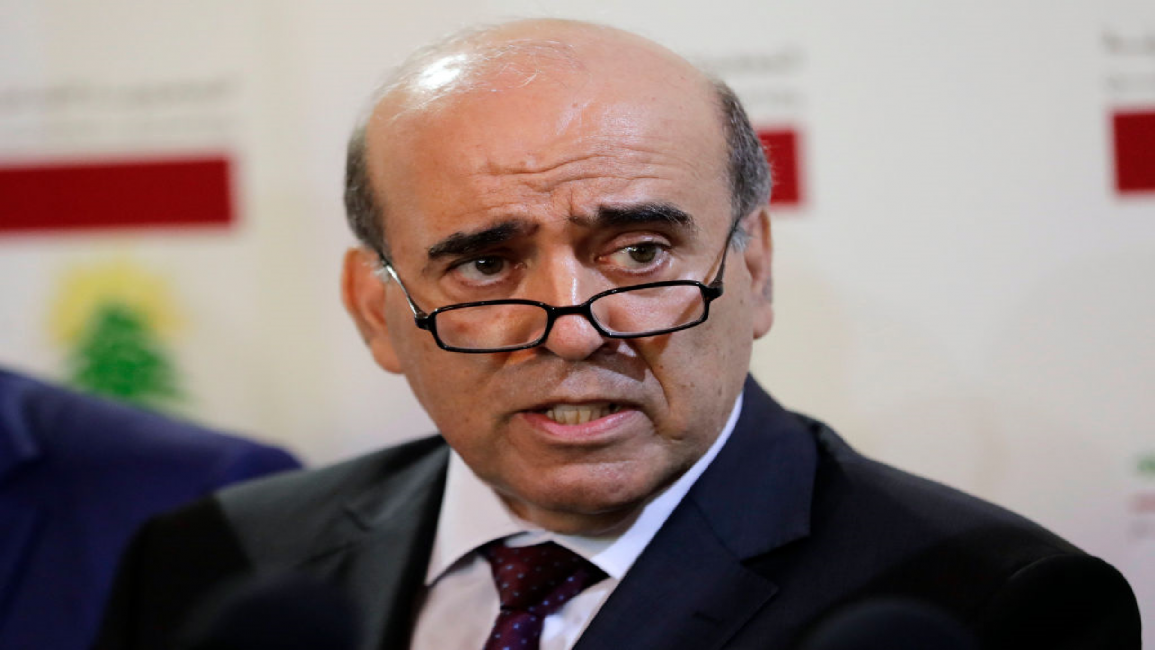Lebanon FM says Saudi Arabia put IS in region
Lebanon’s foreign minister hinted on Monday that Gulf states are spreading Islamist militancy in the region, sparking an angry backlash in Saudi Arabia.
"Then came the Islamic State, which were brought to us by loving, friendly and brotherly nations," said Charbel Wehbe in a televised interview Tuesday night.
When asked by the interviewer if he meant the Gulf states, he replied: "I don't want to name (them)."
"They brought us IS and planted them in Nineveh and Al-Anbar and Palmyra," he continued, referring to regions in Iraq and Syria that were under IS' control during the peak of their insurgency.
Wehbe's scathing attacks continued when a Saudi guest on the show, analyst Salman Al-Ansari, as a "Bedouin", after the latter criticised Lebanese President Michel Aoun and former Foreign Minister Gebran Bassil.
Wehbe is close to Aoun and Bassil's Free Patriotic Movement, an ally of Saudi-rival Hezbollah.
رئاسة الجمهورية: ما صدر عن وزير الخارجية والمغتربين شربل وهبه الى محطة "الحرة" مساء امس من مواقف يعبر عن رأيه الشخصي ولا يعكس موقف الدولة والرئيس عون
— Lebanese Presidency (@LBpresidency) May 18, 2021
"Those who killed Khashoggi cannot speak to us like that… I am in Lebanon and I'm being insulted by a Bedouin," Wehbe said furiously before walking out of the interview.
The Lebanese Presidency Tuesday denied that Wehbe's comments reflected Aoun's, stressing the need to preserve ties between Lebanon and "friendly states", particularly the Gulf.
The foreign minister's controversial statements drew condemnation from several Lebanese officials, saying this could strain relations with cash-rich Gulf states during Lebanon's worst-ever financial and economic crisis.
Hundreds of thousands of Lebanese work in the Gulf and are a primary source of remittances for their country.
Wehbe's controversial interview comes only weeks after Saudi Arabia banned the import of Lebanese fruits and vegetables after authorities seized more than 5.3 million Captagon pills that were hidden in a consignment of pomegranates.
The ban was considered a politically motivated message to Lebanon, which Riyadh believes has fallen under Iranian influence due to Hezbollah's strong influence.
Follow us on Facebook, Twitter and Instagram to stay connected



